News + Press
ASI's Investment Mandate & Philosophy
ASI is an Australian-based alternative-style equity investment manager employing and managing a proprietary investment strategy called the ‘Constructivist Investment Strategy’. Steering the company is ASI’s founder, Michael de Tocqueville, who together with ASI director Henry Wolfe have several decades of experience in shareholder activism in Australia, the US, and Canada.
ASI is an Australian-based alternative-style equity investment manager employing and managing a proprietary investment strategy called the ‘Constructivist Investment Strategy’.
Steering the company is ASI’s founder, Michael de Tocqueville, who together with ASI director Henry Wolfe have several decades of experience in shareholder activism in Australia, the US, and Canada.
Michael is developing a team to employ ‘deep-value private equity style research’, to identify listed companies where value has been eroded due to one or more of the following reasons:
capital misallocation
managerial deficiencies
ineffective board structure
improper or misaligned executive incentives
operational under-performance
governance issues
strategic errors of scale or scope
ASI’s Motive
Shareholder activism is—at its core—a response to the potential for capital gains owing to the underperformance of publicly listed companies. The cause of this underperformance can be tied to a company’s relationship with absentee owners—the shareholders—otherwise known as agency risk.
ASI will seek to overcome underperformance issues stemming from agency risk by focusing on:
the operational aspects of company management
advocating changes in board structure
the dislodgement of underperforming managers
challenging ineffective strategies, and
making sure that merger and control transactions make sense for shareholders.
In so doing, as the evidence shows in most cases, ASI will aim to enhance the value of companies for all shareholders. ASI’s directors have worked with (or engaged with) many companies, boards, and management in the past and will engage with more in the future.
ASI’s Strategy and Approach
ASI’s approach to investment is active value driven from a traditional investment point of view. We make use of the following styles and components of value investing:
Active Private Equity style, with
Constructive shareholder engagement
These are the primary investment oversights we employ to maximise value and we conduct extensive screening to identify potential targets.
Our focus is on companies that are easy to understand. Employing this philosophy means we may pass up on a good number of opportunities for potential investment.
We apply a disciplined, bottom-up, strategic financial evaluation and valuation processes with a long-only strategy. We have the discretion to apply shorting strategies, however only in unique cases where it may be a strategic requirement.
Please note we will maintain significant shareholdings in only 3-5 highly attractive activist opportunities at any one time. We may hold a sub-portfolio of passive investments in a portfolio to generate yield when opportunities are limited or to balance the risk of existing holdings in more strategic investments.
We are benchmark unaware and don’t seek to have any correlation with an index. We will be marked against the Reserve Bank of Australia's (“RBA”) cash rate with an added equity risk premium. Our return target is an annual rate of return on capital of 15% over the medium to long term.
Where Do We Find Our Targets?
A company may become a target of ASI for a variety of reasons but generally, most targets exhibit two characteristics:
they show good operating performance but are fundamentally undervalued; and
the activist perceives some change in the capital structure, strategy, and/or governance of the target that, if implemented, has the potential to “unlock” value for shareholders.
Who are ASI’s Clients?
ASI’s client base, as our AFSL permits, is limited to High Net Worth (“HNW”) and Sophisticated Investors, as defined by the Australian regulated Corporations Act 2001.
How ASI operates the Constructivist Strategy
The Constructivist investment strategy is delivered to client investors via a managed investment strategy (“MIS”). ASI as a principal investor, or an investment manager, acquires shares in target companies through its Prime Broker Interactive Brokers (“IBKR”).
Shares acquired by ASI, are held in the names of its clients with ASI’s prime broker IBKR who in turn lodges the holdings with an independent custodian, BNP Paribas Group (“BNP”). Clients have complete online access to their portfolio from IBKR, which also provides administration reports as required which can also be viewed online or printed.
As far as management fees are concerned. ASI earns its revenue through enduring portfolio management fees over the life of the client accounts managed by it. The managed accounts—depending on the type of client—will have mandatory lockup terms for the purpose of not disturbing the constructivist equity strategy.
As mentioned previously, the client mandates are only entered into with wholesale investors as defined under the Australian Corporations Act 2001 (“Act”). ASI’s revenue base is made up of a portfolio management fee of 1.8% plus a federal goods and services tax (“GST”) of 10%. The management fee is paid monthly in arrears. There are no additional client administration or custody fees charged.
ASI is also entitled to a 20% performance fee plus GST of 10% (also known as carried interest). The performance fee is subject to a high-water mark which ASI has currently set at 10%. The performance fee is calculated annually. That fee is also subject to review and amendment at any time, with three months’ notice given to clients.
For more information, please contact us today.
What is Activist Investing and Why is it Important?
The goal of activist investing is to initiate fundamental change and generate shareholder value improvements. Constructive activists have a high research investment spend per company, relatively long holding periods of around three to five years and high concentration in their asset mix.
Article 1
What is Activist Investing and Why is it Important?
Influence Without Control
The goal of activist investing is to initiate fundamental change and generate shareholder value improvements. Constructive activists have a high research investment spend per company, relatively long holding periods of around three to five years and high concentration in their asset mix.
An activist will typically recruit experienced industry professionals to provide knowledge about significant value drivers for a specific company or industry. In a nutshell, an activist investor is a hybrid—somewhere between a full-control model, such as private equity, and a more active or passive asset manager, such as a traditional managed fund.
A constructive activist investor's primary focus is having a significant influence on a company's plan without paying for full control like a private equity firm would. Achieving the objective goal of influence requires intelligent communication with major shareholders and the media. Resorting to costly and acrimonious public battles is avoided rather than embraced.
A thoughtfully crafted value-creation agenda based on diligent research and careful analysis of an enterprise for months at a time, if not years, is a typical scenario before investment. Practical, highly commercial collaboration with management behind the scenes is essential as well. And sometimes, the 'stick and carrot' approach is required to motivate target companies into action.
Why is Activism Important?
A shift in power between management and shareholders has ushered in an era of 'corporate management.' Shareholders, in a sense, have become disconnected from their investment as the Board of directors and senior management of listed companies continue to find ways to exert more control. Many apparent conflicts of interest arise in this situation.
Today, corporate management often acts as if they own a company. However, the law clearly states shareholders do. Management is merely an employee—a corporation's Board of Directors governs management. The Board of Directors works for and answers to the shareholders—the real owners of the company. Management frequently manipulates control of the Board of Directors (Board) by populating it with friends and acquaintances. They are honoured to become Board members, yet, afraid to voice objections due to fear of losing their position.
A "rubber-stamp" Board can lead to a host of problems. Yes, this is not always true, of course. Honest, capable, and ethical management teams endeavour to create value for shareholders daily. But the trend towards management making decisions not in shareholder's best interests continues. Typically, shareholders are not well versed about the companies they own, nor are they well informed enough to prevent or stop corporate corruption in the making.
A Way Forward with Activist Investing
Constructivist Shareholder Activism is the process of shareholders becoming involved in the governance and management of the companies they own. The key is representing shareholders and constructively working with boards, not in a hostile manner like some of the old corporate raiders.
While owning a minority of a company is typical, an Activist's goal is to create value for ALL shareholders. And many studies have shown shareholder activism produces returns superior to the overall market returns with much less risk. The Activist Insight Index, which tracks dedicated activist funds worldwide, has returned an average of 14.2% per year since 2009, against 14.5% for the S&P 500 Index and 9.5% for the ASX 200.[1]
Exposure to an activist strategy or fund offers an intelligent diversification alternative for most investors and qualifies as a healthy inclusion in a balanced fund.
[1] https://abl.sfo2.cdn.digitaloceanspaces.com/public/Expertise/ABL-Shareholder-Activism-Report.pdf


